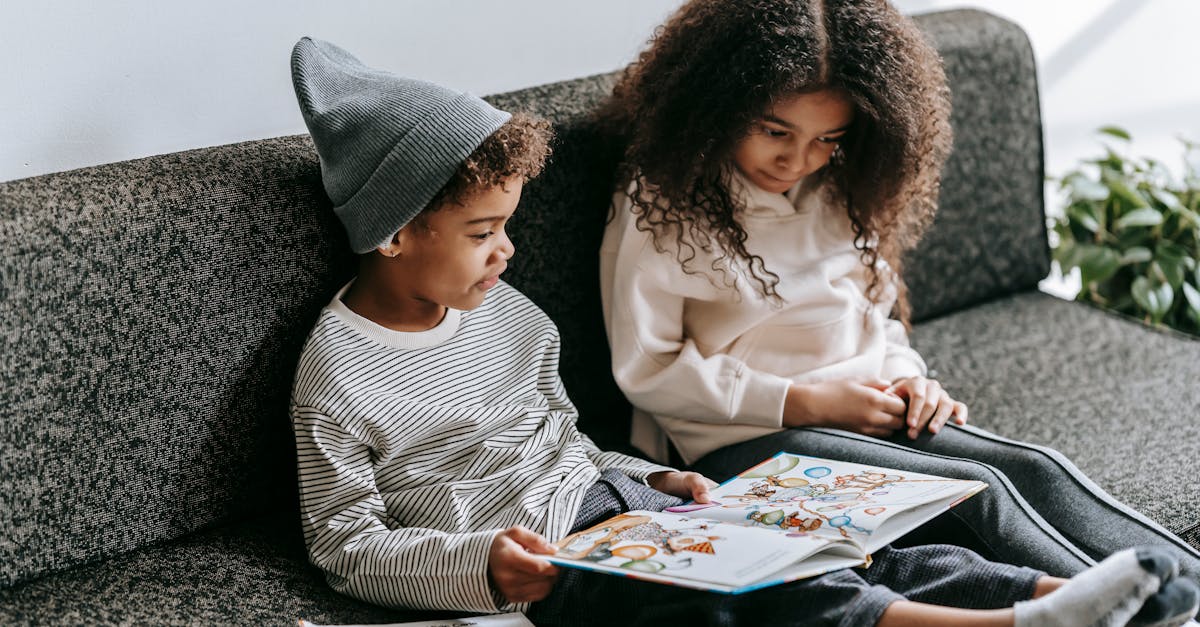Why Start Early: The Importance of Inclusivity in Faith
Introducing inclusivity and equality early in faith education can make a huge difference. Children are like sponges, soaking up everything around them. By teaching them to appreciate and respect different beliefs, we foster a more tolerant and peaceful society. We parents have a huge role in this. Think of it as planting seeds of kindness that will grow into mighty trees.

Starting early with inclusivity in faith sets a strong foundation for children to embrace diversity and practice empathy throughout their lives. It shapes their understanding of the world and prepares them to be compassionate and open-minded individuals.
Creating a Safe Space for All Beliefs
Creating a welcoming environment starts at home. Make sure your home is a judgment-free zone where questions are encouraged. Inclusivity isn’t about forcing beliefs on anyone. It’s about allowing everyone to feel valued. Remember that one time your child asked why someone prays differently? That’s an opportunity to explain, not dismiss.
Click here for the image source
Teaching Respect for Diversity
Use everyday moments to teach respect for diversity. For instance, during dinner, you could talk about different cultural and religious practices. Use stories and books that celebrate a variety of faith traditions. It’s a fun way to introduce complex concepts. No need to go full professor mode. Keep it simple and relate it to their world.

Incorporating Stories of Different Faiths
Kids love stories, and they’re a great way to introduce different faiths. Choose books with diverse characters to read together. Make it a weekly ritual—perhaps Sunday evenings before bed. You’ll be amazed at how quickly they’ll absorb the lessons about different cultures and religions. Plus, it’s a wonderful bonding time.

Activities to Promote Inclusivity
Incorporate activities that promote inclusivity. Simple crafts, cooking recipes from various cultures, or celebrating different religious holidays can be both educational and fun.
How about making:
- Diwali lamps
- Christmas cookies
- Hanukkah dreidels together?
These activities aren’t just engaging—they’re bridges to understanding.

Handling Difficult Questions with Grace
Children are naturally curious, and they’ll inevitably ask tough questions. When they do, be patient and respond thoughtfully. Admitting you don’t know something is perfectly okay. Seek answers together. This teaches them that learning is a lifelong journey and that it’s okay to not have all the answers immediately.

Nurturing Empathy and Compassion
Empathy and compassion go hand-in-hand with inclusivity. Teach kids to put themselves in others’ shoes. Role-playing games and empathetic storytelling can be very effective. Reinforce the idea that everyone’s feelings are valid and important. Your goal is to make empathy second nature to them.

